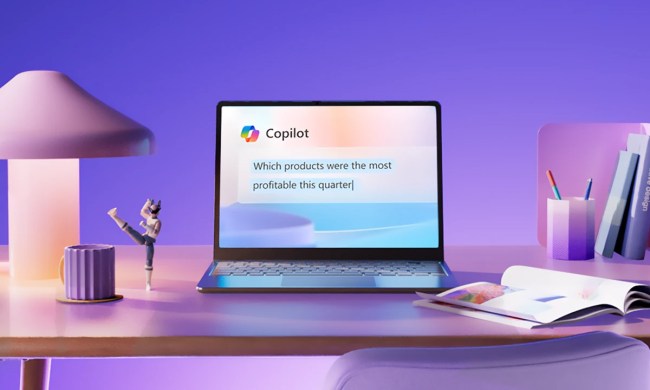The newer Windows Settings app has been slowly stealing features from the legacy Control Panel for years, and now Microsoft has finally said the obvious out loud — “the Control Panel is in the process of being deprecated in favor of the Settings app.”
First spotted by Neowin, a new Microsoft support page has appeared covering the various system configuration tools in Windows 10 and 11. Not only does this page refer to Settings as “the main application to customize and manage Windows settings,” but it also explicitly states that the Control Panel is being deprecated. It doesn’t mention any kind of date or timeline, however, which likely means the Control Panel’s death will continue to be as slow as it has been up to now.
The Control Panel first appeared in Windows 1.0 so it’s about as legacy as it gets. The Settings app, on the other hand, appeared in 2012 and was introduced with a bare-bones set of features intended to make the most important settings more accessible to touchscreen users, as well as more intuitive to navigate. Over the years, more and more advanced settings have migrated over to the Settings app, making Microsoft’s intentions pretty clear, even if it never made anything official until now.
For most people, there isn’t really a downside to the transition — as long as every settings option still exists, it doesn’t matter much where they are. There are some people who don’t like the idea, but Microsoft is under a lot of pressure to modernize and there’s no true benefit to keeping this legacy feature around. There are lots of legacy aspects of Windows 11 hidden just under the surface, but Control Panel might be the most used one.
Since the process has been ongoing for so long already, however, there’s plenty of skepticism over whether Microsoft will actually go through with it or whether this official acknowledgment will actually affect the timeline at all.




